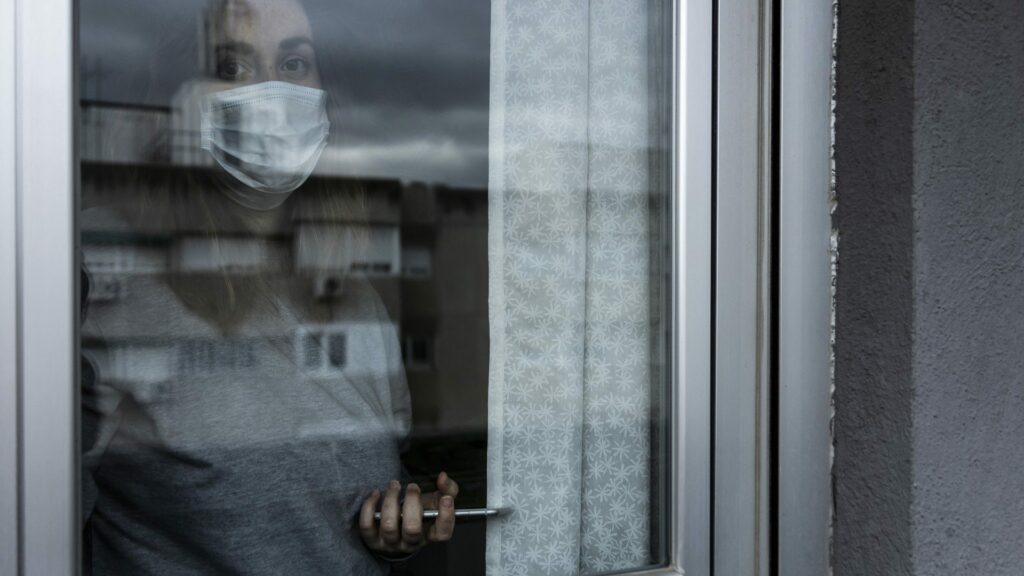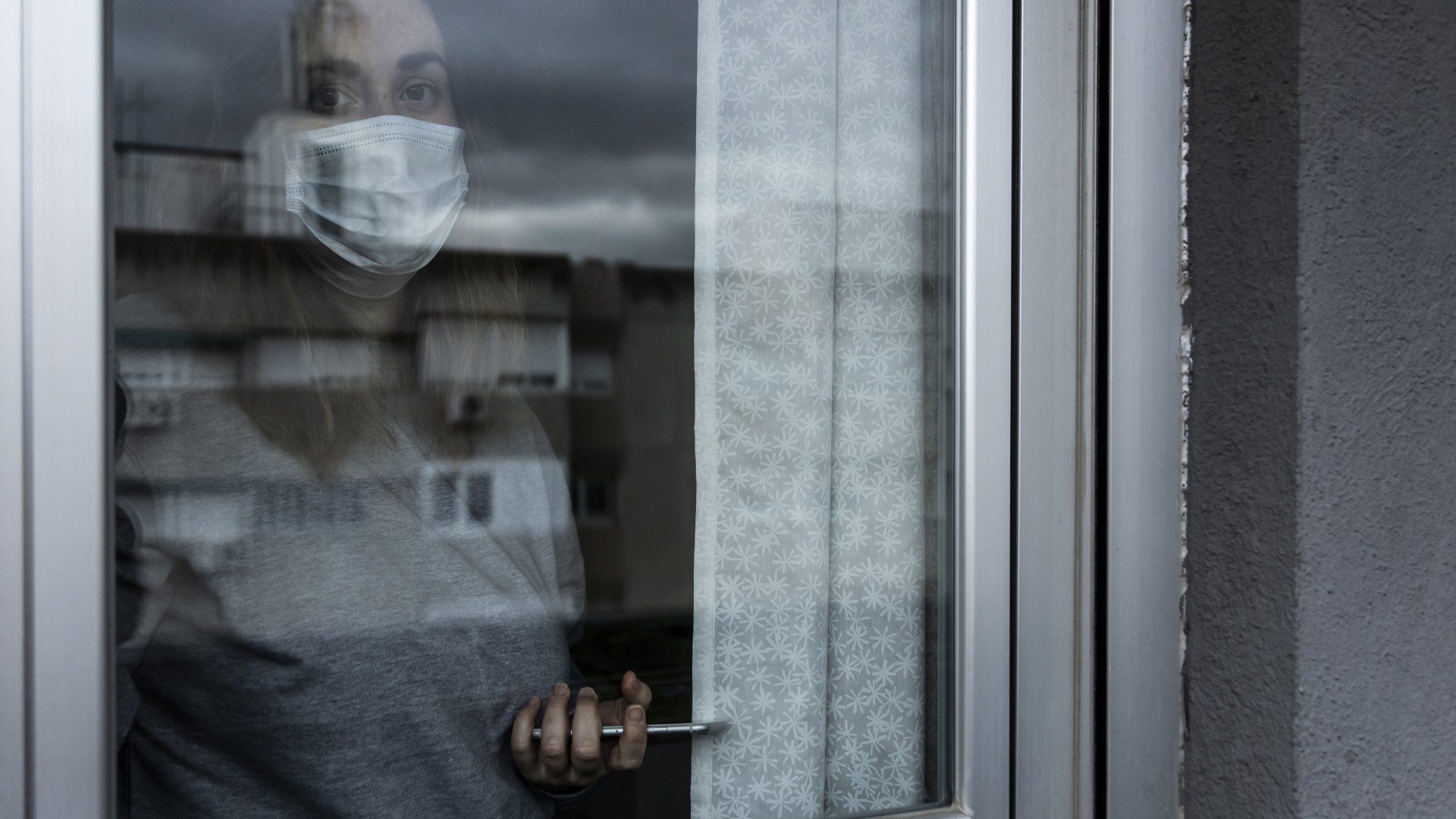
Separation from loved ones, loss of freedom, feelings of uncertainty … how are people from different countries dealing with the effects of the COVID-19 pandemic? How do different measures of social distancing affect our physical and mental health?
We are currently living through an unprecedent crisis due to the COVID-19 pandemic. Governments of different countries have been forced to issue social distancing orders or quarantines to reduce the spread of the virus, and daily life has dramatically changed as a result. People around the world have been affected in so many ways. Some have lost their jobs and thus their livelihood, while others must work remotely and, at the same time, deal with home schooling. Our life plans, motivation and dreams have been disrupted. The way we interact with each other has completely changed. We have to rapidly adapt to new and changing scenarios, facing fear and uncertainty. Ultimately, we are living under a great stress that can affect our mental health and psychological wellbeing. In this context, physical activity, a good night’s sleep, and stable social relationships might be fundamental in this stressful situation.
The Human Sleep Research Lab at SRI International, in collaboration with international researchers in Spain and elsewhere, are conducting a study to understand the mental and physical health effects of the COVID-19 quarantine on people around the world. We are also interested in how people in different countries are coping with this stressful situation. Identifying the factors that contribute to, or mitigate, the negative effects of quarantine and social distancing are fundamental to establish public health strategies in the future.
This study was approved by the Ethics Committee of the University Autonomous of Madrid (Spain) and SRI’s IRB. It is anonymous. Information will be used for scientific purposes only.
This survey is now closed.



